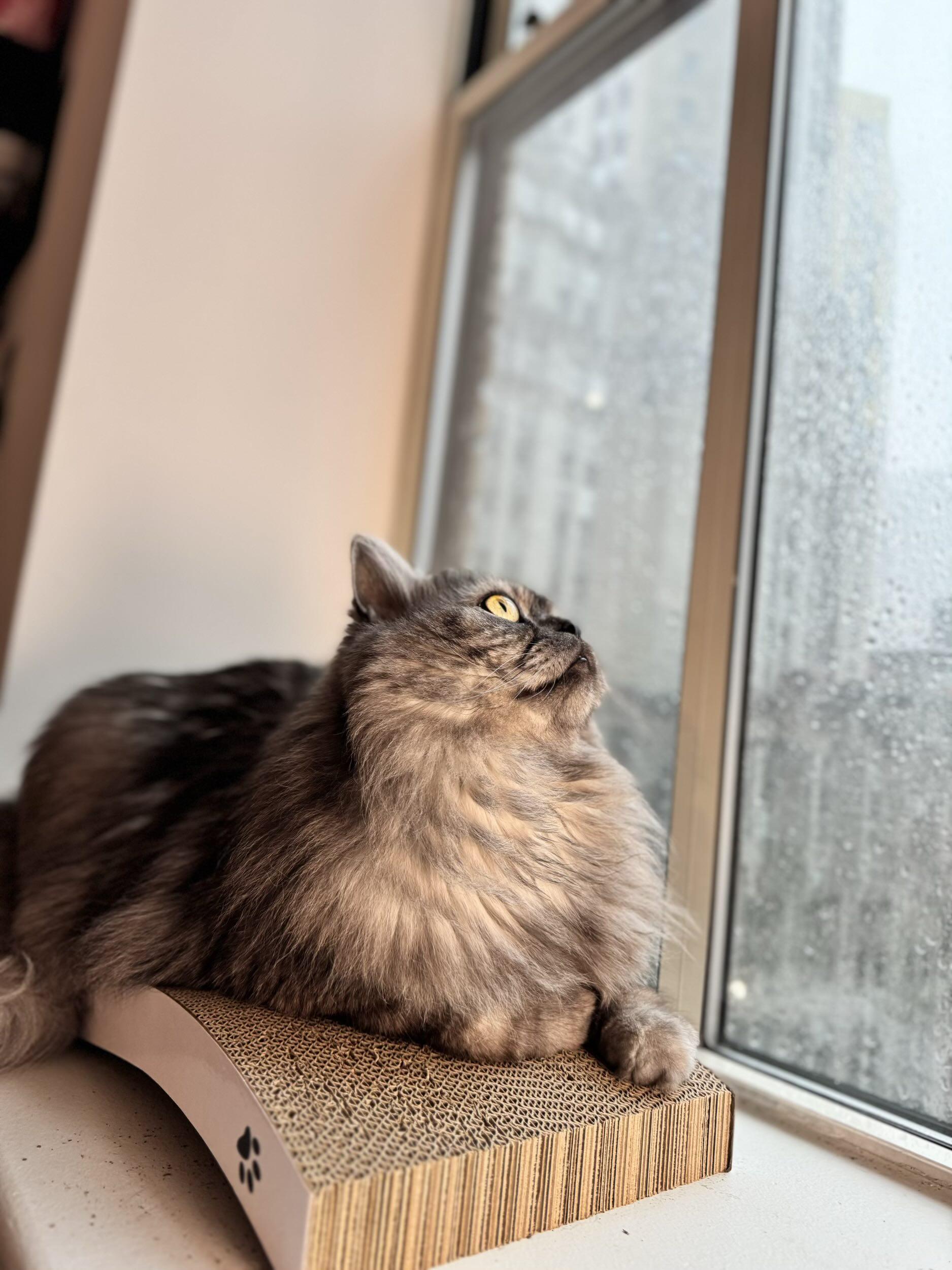2025-11-19 14:39:15
Thank you all for 3,000 followers on here! Here’s a photo of Danny to celebrate the occasion ☺️
3 years into being part of Mastodon, I continue to be impressed with how wonderful the people here are and how much this social network actually FEELS social. People replying to one another, having conversations, learning things, sharing moments of joy, making friends.
Mastodon brought my business clients, helped me gain confidence in my own voice, freed me from dependence on big tech and algorithms, rekindled my interests, introduced me to incredible people and projects, and served as a source of hope in humanity in the times when cynicism and nihilism felt all but inevitable.
I love our little corner of the internet, and am so glad that it’s still here despite everyone who professed it was doomed to fade into irrelevance.
Thank you to everyone reading these words for being here on the Fedi. The world is a little better thanks to your choice to support an independent web.
2025-11-19 04:50:04
RE: https://mastodon.social/@Gargron/115569820207257167
Es erstaunt mich noch immer wie hier mit einer persönlichen Initiative von @…
2025-11-17 23:05:03
🇺🇦 #NowPlaying on KEXP's #AfternoonShow
Harry Nilsson:
🎵 Jump Into the Fire
#HarryNilsson
https://djantoniroma.bandcamp.com/track/harry-nilsson-jump-into-the-fire-ext-intro-outro-edit
https://open.spotify.com/track/3hgHrfMdtnLtH54HYTdNHF
2025-12-18 00:27:18
The House just passed a nasty anti-trans bill. Only with the help of three Democrats voting for it. So a special fuck you to Henry Cuellar (TX), Vicente Gonzalez (TX), and Don Davis (NC). And all the Republican rats who voted for it.
It seems likely the Senate won't also pass it, so hopefully this odious proposal doesn't become legislation.
2025-10-19 20:14:19
Took me about an hour outside of the DC part of Virginia to run into a dual-wielding Trump hat Kirk shirter.
2025-10-14 05:15:17
Noch einige der zuletzt hier besonders häufig geteilten #News:
So soll Missbrauch von Palantir-Software verhindert werden
2025-10-13 07:47:20
Wise words on the Hickel-Liegey/Nelson debate.
Neither the either nor the or: for a sideways degrowth | degrowth.info
https://degrowth.info/en/blog/neither-the-either-nor-the-or-for-a-sideways-degrowth
2025-11-15 22:37:18
Listening to Pan Sonic's 1999 album A. They have an intense commitment to minimalist techno. Here's the track A-kemia.
2025-12-16 17:01:44
Just spent an hour and half my ChatGPT quota for the day trying to figure out why my Sonos wasn't working. Turns out Ken had turned the volume to 0 with the old fashioned in-wall potentiometer.
2025-10-15 17:27:33
Almost back home. Here's my postcards thread from Mastodon should you want to see it all in one place.

